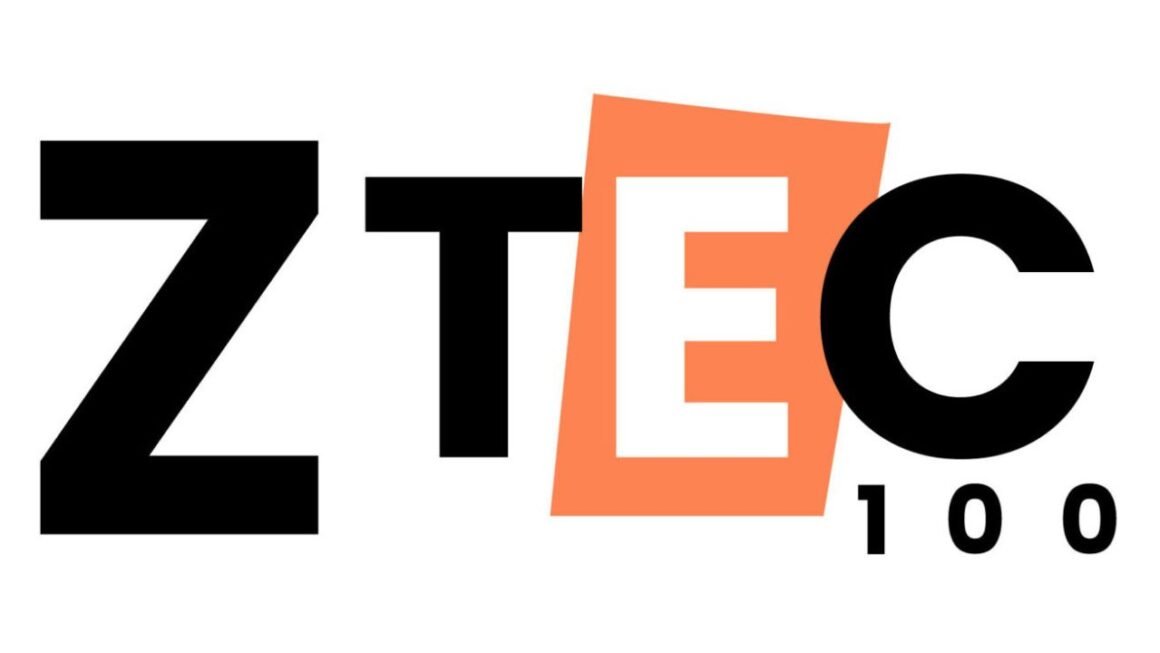Duke Energy is a major electric power and natural gas provider in the United States. The company serves millions of customers across several states, primarily in the Southeast. Its operations significantly impact the energy landscape in its service areas.
In the competitive US utility market, consumers seek reliable service and affordable rates. Duke Energy’s expansive reach makes it a default choice for many households. This review will help you determine if Duke Energy aligns with your utility needs.
Duke Energy’s Service Areas
Southeastern Coverage
Duke Energy primarily operates in North Carolina, South Carolina, Florida, Indiana, Ohio, and Kentucky. The company’s presence varies in density across these states. Check if your specific location falls within Duke Energy’s service territory.
Urban vs. Rural Service
Consider how Duke Energy’s service quality might differ between urban and rural areas. Some customers report variations in reliability based on location. Assess the company’s track record in your particular neighborhood or region.
State-Specific Regulations
Each state has unique energy regulations affecting utility operations. Duke Energy must comply with different rules across its service areas. Understand how your state’s regulations might impact Duke Energy’s service offerings.
Electricity Rates and Pricing Structure
Rate Comparison
Compare Duke Energy’s electricity rates with other providers in your area. Rates can vary significantly between urban and rural locations. Consider both the base rate and any additional fees or surcharges.
Time-of-Use Plans
Investigate if Duke Energy offers time-of-use pricing in your area. These plans can provide savings for customers who can shift energy use. Evaluate whether your lifestyle aligns with the potential benefits of time-based rates.
Fixed vs. Variable Rates
Examine Duke Energy’s options for fixed or variable rate plans. Fixed rates offer stability, while variable rates might provide savings opportunities. Consider your preference for predictable bills versus potentially lower costs.
Natural Gas Services
Availability by Region
Check if Duke Energy provides natural gas services in your area. Not all locations have access to both electricity and gas from Duke. Consider the convenience of bundling services if both are available.
Gas Pricing Competitiveness
Compare Duke Energy’s natural gas rates with other providers in your region. Gas prices can fluctuate more than electricity rates. Assess the long-term cost-effectiveness of Duke’s gas services.
Dual Fuel Discounts
Inquire about potential discounts for using both electricity and gas from Duke Energy. Some utilities offer incentives for bundling services. Evaluate whether these discounts provide meaningful savings for your household.
Renewable Energy Options
Solar Programs
Explore Duke Energy’s offerings for residential solar energy integration. The company may have net metering or solar rebate programs. Consider how these options align with your interest in renewable energy.
Green Power Purchasing
Investigate Duke Energy’s green power purchasing programs, if available. These allow customers to support renewable energy production. Assess the cost and environmental impact of participating in such programs.
Community Solar Projects
Look into any community solar initiatives sponsored by Duke Energy. These projects allow customers to benefit from solar without home installation. Evaluate the accessibility and potential savings of community solar options.
Customer Service and Support
Communication Channels
Review the various ways to contact Duke Energy for support or inquiries. Options may include phone, email, online chat, or mobile apps. Consider which communication methods are most convenient for your needs.
Response Time and Resolution
Research customer experiences regarding Duke Energy’s response to issues. Prompt and effective problem resolution is crucial for utility services. Assess the company’s reputation for addressing customer concerns timely.
Online Account Management
Explore Duke Energy’s online account management features and user interface. Efficient digital tools can simplify bill payments and service requests. Evaluate how user-friendly and comprehensive the online platform is.
Reliability and Outage Management
Historical Reliability Data
Examine Duke Energy’s track record for service reliability in your area. Look for data on frequency and duration of power outages. Compare this information with industry standards and other local providers.
Outage Communication
Investigate how Duke Energy communicates during power outages. Timely and accurate information is crucial during service disruptions. Assess the effectiveness of their outage notification and update systems.
Infrastructure Investment
Research Duke Energy’s investments in grid modernization and reliability improvements. Ongoing infrastructure upgrades can indicate future service reliability. Consider how these investments might affect long-term service quality.
Energy Efficiency Programs
Home Energy Audits
Check if Duke Energy offers free or discounted home energy audits. These assessments can help identify ways to reduce energy consumption. Evaluate the potential savings from implementing audit recommendations.
Rebate Programs
Explore available rebates for energy-efficient appliances or home improvements. Duke Energy may offer incentives for upgrading to more efficient systems. Calculate the potential long-term savings from these programs.
Energy-Saving Tips and Resources
Assess the quality of energy-saving information provided by Duke Energy. Useful tips and resources can help customers reduce their energy bills. Consider how valuable these educational materials are for your household.
Environmental Impact and Sustainability
Carbon Reduction Goals
Review Duke Energy’s stated goals and progress in reducing carbon emissions. The company’s environmental stance may align with your personal values. Consider how important a utility’s sustainability efforts are to you.
Renewable Energy Investments
Investigate Duke Energy’s investments in renewable energy sources. The company may be expanding solar, wind, or other clean energy projects. Assess how these investments compare to other utilities in your region.
Environmental Controversies
Research any environmental controversies or legal issues involving Duke Energy. Past incidents may indicate the company’s approach to environmental stewardship. Consider how these factors align with your environmental concerns.
Billing and Payment Options
Auto-Pay and Paperless Billing
Explore Duke Energy’s options for automatic payments and paperless billing. These features can simplify account management and may offer discounts. Evaluate whether these options align with your preferred bill management style.
Payment Flexibility
Inquire about flexible payment plans or assistance programs for financial hardships. Utilities often provide options for customers facing temporary difficulties. Consider the importance of payment flexibility in your utility choice.
Fee Structure
Review any additional fees associated with Duke Energy’s services. These might include connection fees, late payment charges, or processing fees. Understand the full cost structure beyond the basic energy rates.
Cancel Your Duke Energy Contract with Unsubby
While Duke Energy is a major utility provider, it may not be the best fit for every household. You might consider canceling your Duke Energy contract for various reasons. Perhaps you’re moving out of their service area or exploring alternative energy options.
Unsubby, a subscription cancellation platform, can help manage your utility contracts efficiently. We assist in evaluating service value and navigating cancellation processes. Our goal is to empower consumers in making informed decisions about their utility providers.
To cancel Duke Energy, consider factors like service quality and overall satisfaction. Evaluate how Duke Energy compares to alternatives available in your area. Unsubby guides you through this assessment for informed decision-making about your energy provider.
Alternatives to Duke Energy
Other Major Utilities
Research other large utility companies operating in your region. Companies like Southern Company or NextEra Energy may offer services. Compare their rates, reliability, and customer service with Duke Energy.
Municipal Utility Options
Investigate if your area is served by a municipal or cooperative utility. These non-profit entities often provide competitive rates and local service. Consider the benefits of community-owned utility options.
Retail Energy Providers
Explore retail energy providers if your state allows energy choice. These companies may offer more flexible plans or renewable options. Evaluate whether the potential savings outweigh the stability of a regulated utility.
Switching Process and Considerations
Service Transition Timeline
Understand the timeline for switching from Duke Energy to another provider. The process may involve coordinating between your old and new utility. Consider any potential service interruptions during the transition.
Contract Obligations
Review any contractual obligations you may have with Duke Energy. Some services or programs might have minimum term requirements. Assess any potential fees or penalties for early termination.
Credit and Deposit Requirements
Investigate the credit check and deposit policies of alternative providers. New utilities may require deposits based on credit history. Compare these upfront costs with potential long-term savings from switching.
Future of Energy Consumption
Smart Home Integration
Consider how Duke Energy and alternatives are adapting to smart home technologies. Integration with home automation can offer enhanced energy management. Evaluate the importance of smart energy features in your future plans.
Electric Vehicle Charging
Explore utility programs supporting electric vehicle (EV) adoption and charging. Some providers offer special rates or infrastructure for EV owners. Assess how well different utilities align with potential EV ownership plans.
Microgrid and Decentralized Energy
Investigate utility involvement in microgrid or community energy projects. These initiatives can enhance local energy resilience and sustainability. Consider how different utilities are positioning themselves for future energy trends.
Regulatory and Policy Landscape
State Energy Policies
Research your state’s energy policies and how they affect utility operations. Regulations on renewable energy and efficiency can impact service offerings. Understand how policy changes might influence your utility options in the future.
Federal Energy Initiatives
Stay informed about federal energy initiatives that could affect utilities. Programs promoting clean energy or grid modernization may impact services. Consider how different utilities are adapting to national energy priorities.
Consumer Advocacy Resources
Explore consumer advocacy groups focusing on utility and energy issues. These organizations can provide valuable insights and support for consumers. Consider utilizing these resources when evaluating your utility options.



